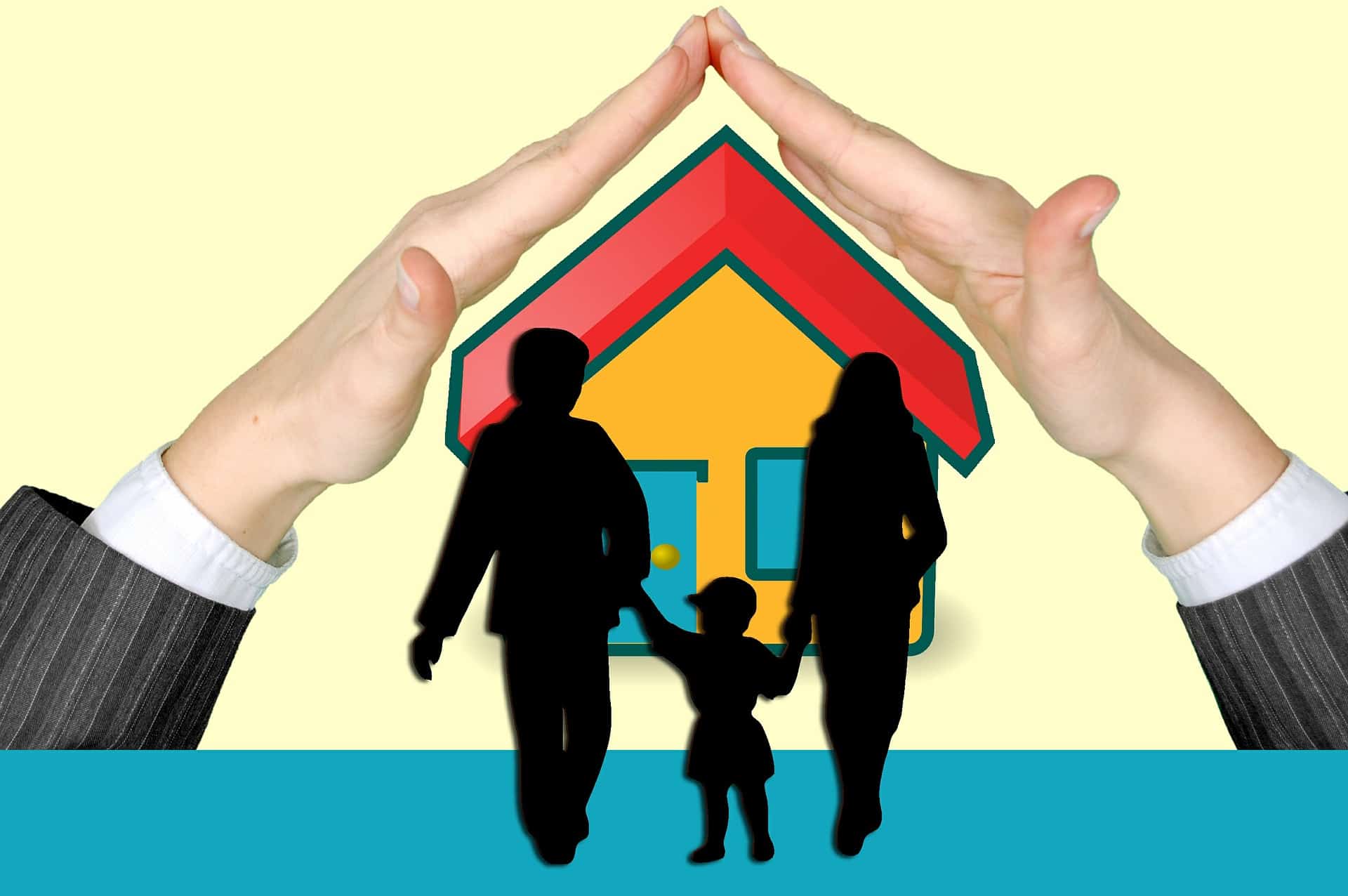Home insurance is a type of insurance that covers your home and belongings in the event of damage or theft. It is not mandatory to have home insurance in Denmark, but it is strongly recommended.
There are different types of home insurance policies available, so it is important to compare different policies before deciding which one is right for you.
It is also important to read the fine print carefully to make sure you understand what is and is not covered by your policy.
Most home insurance policies in Denmark
Typically, home insurance policies in Denmark tend to offer subscribers cover against the following list of risks. In certain instances, the risks are grouped into individual packages for easy claim administration. Actually, the principle of proximate interest in insurance guides such grouping of policies.
– Accidental damage to your home
– Accidental damage to your belongings
– Fire, smoke, and water damage
– Theft
– Vandalism
Some policies also cover natural disasters such as storms, floods, and earthquakes.
If you are an expat living in Denmark, you may want to consider getting home insurance even if it is not required. This is because it can give you peace of mind knowing that your home and belongings are protected in the event of damage or theft.
Types of Home Insurance
There are two main types of home insurance in Denmark:
– Buildings insurance
– Contents insurance
Buildings insurance covers the cost of damage to your home, while contents insurance covers the cost of damage to your belongings.
You can get both types of insurance together in one policy or you can get them separately.
Contents insurance
If you rent your home, contents insurance is a must. This is because your landlord’s insurance will not cover any damage to your belongings.
If you own your home, contents insurance is not mandatory, but it is highly recommended.
One thing to keep in mind when considering contents insurance is that it only covers the replacement value of your belongings, not the sentimental value. This means that if you have any items that are valuable for sentimental reasons, you may want to consider getting them appraised and insured separately.
Buildings insurance
If you rent your home, buildings insurance is not mandatory. However, some landlords will require it as part of the lease agreement.
If you own your home, buildings insurance is not mandatory, but it is highly recommended.
You also have to get buildings insurance if you have a mortgage on your home. This is because the lender will require it as part of the mortgage agreement. However, you can choose any insurance company you want in Denmark. So, it is important to compare different policies before deciding which one is right for you.
How much does home insurance cost in Denmark?
The cost of home insurance in Denmark varies depending on a number of factors. Some of these factors that influence insurance costs include the type of policy, the amount of coverage, and the deductible.
The average cost of a home insurance policy in Denmark is about 500 kroner per year.
But you can get a discount on your premium if you have a burglar alarm, smoke detector, or other security features in your home.
You can also get a discount if you bundle your home insurance with other types of insurance, such as car insurance.
How to get home insurance in Denmark
If you are an expat living in Denmark, you can get home insurance through a Danish insurance company or through a foreign insurance company.
If you are a Danish citizen, you can get home insurance through a Danish insurance company.
The bottom line on home insurance in Denmark
Home insurance is not mandatory in Denmark, but it is highly recommended. This is because it can give you peace of mind knowing that your home and belongings are protected in the event of damage or theft.
